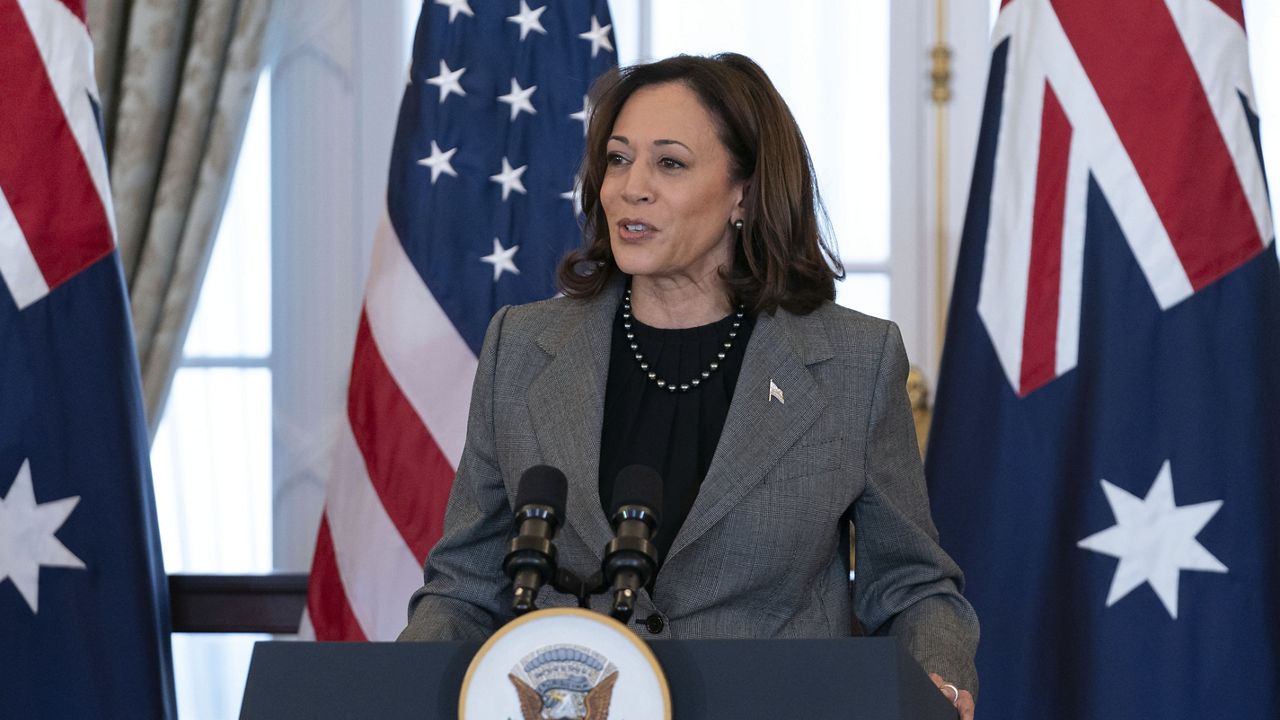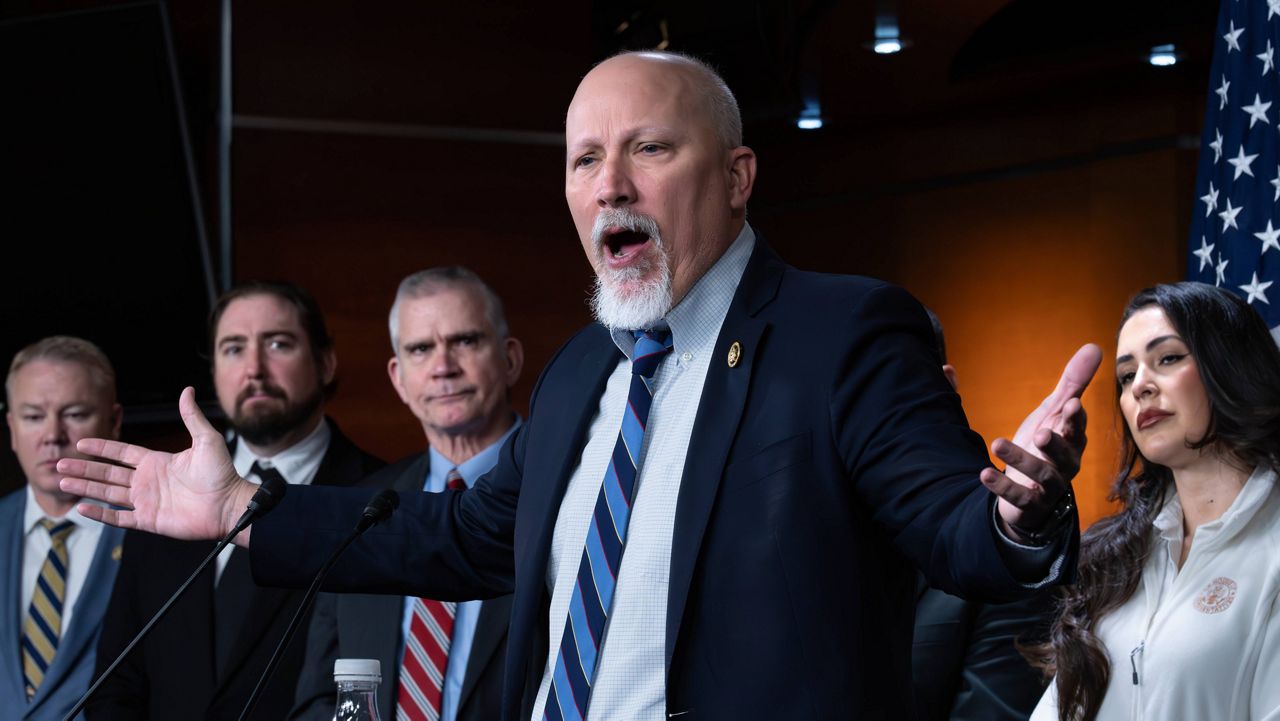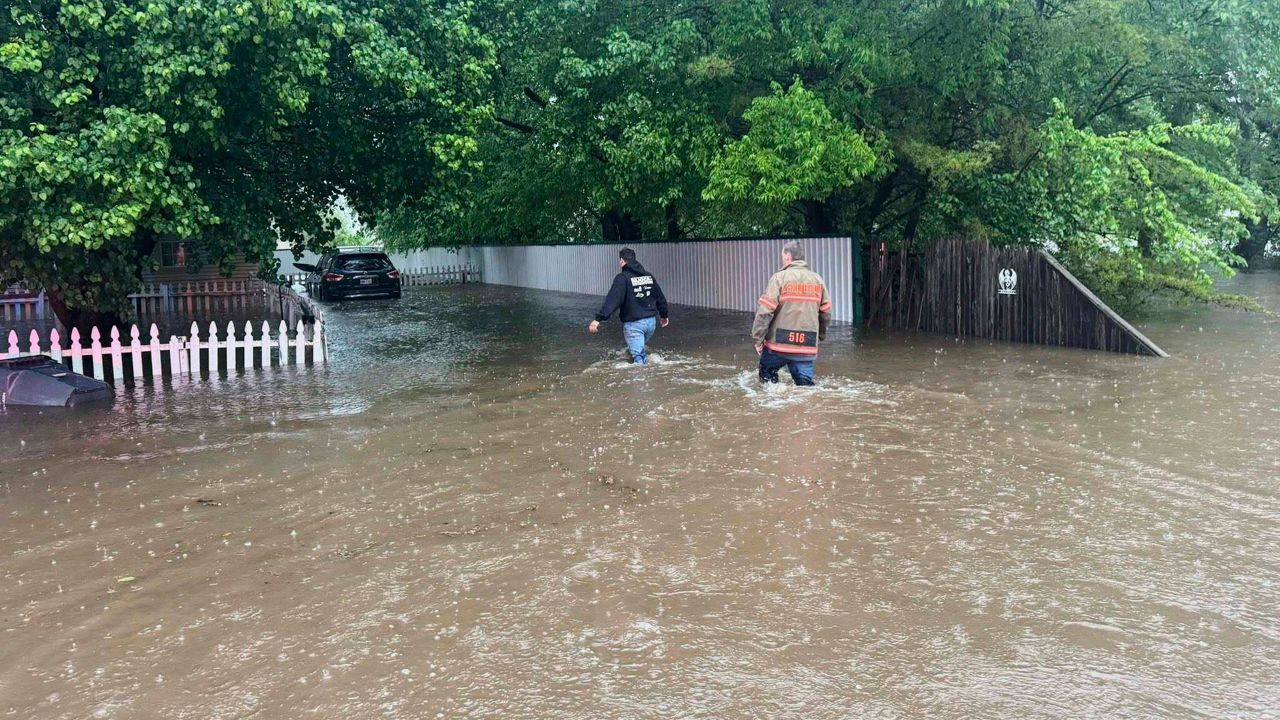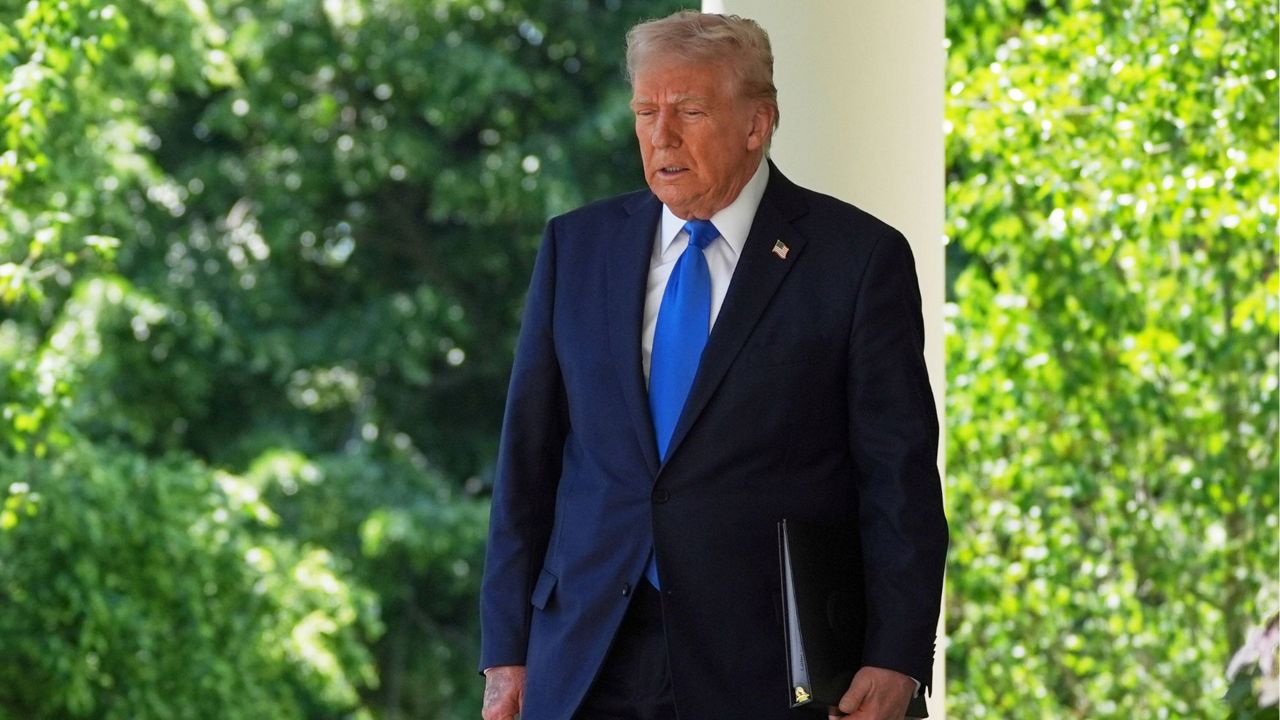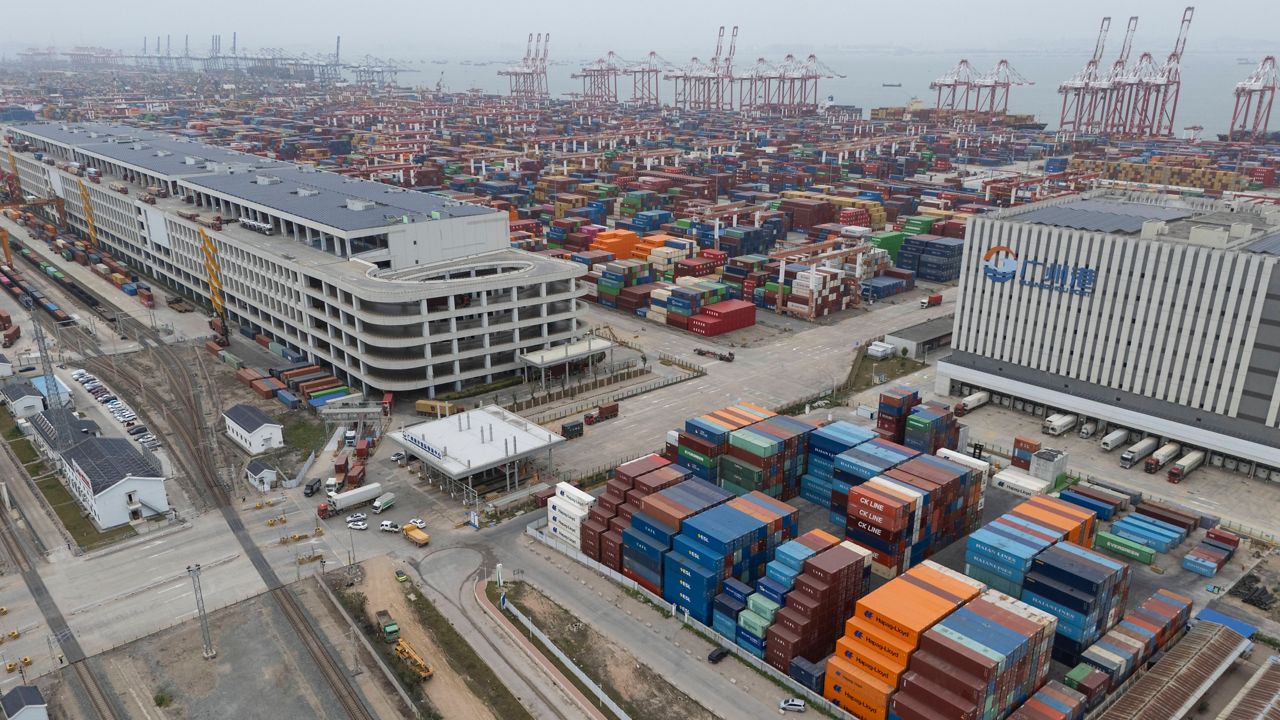Vice President Kamala Harris will travel to London next week to attend U.K. Prime Minister Rishi Sunak’s summit on artificial intelligence as the rapidly evolving field continues to receive heightened attention in Washington.
The vice president will deliver remarks on the topic on Wednesday before representing the U.S. and the Biden administration at the Global Summit on AI Safety at Bletchley Park – a historic country estate frequented by codebreakers during World War II – on Thursday.
“Throughout her engagements, the Vice President will make clear that the Biden-Harris Administration is committed to building a future of AI where every person is safe from the harms of AI and where every person can share equally in its benefits,” Harris’ press secretary Kirsten Allen said in a statement.
Second gentleman Doug Emhoff will also make the trip to the U.K. with the vice president, where he will meet with civil society groups and young leaders to talk about “countering hate, promoting women in STEM, and gender equity.”
The vice president’s trip is expected to come on the heels of the long-awaited AI-focused executive order from President Joe Biden, according to reports from multiple outlets.
Sunak is looking to cement the U.K. as a leading player in AI on the world stage. Biden and Sunak pledged to cooperate on the emerging technology during the prime minister’s White House visit in June – where the pair discussed the summit taking place next week.
“And we’re looking to Great Britain to help lead that effort, to figure out a way through this,” Biden said during a press conference with Sunak in June about addressing AI, “So we’re in full, total cooperation.”
AI has received increased emphasis in Washington over the last year, heightened by testimony at a Senate hearing in May from Sam Altman, the CEO of OpenAI, which developed ChatGPT. Since then, lawmakers have grappled with whether or how much to regulate the growing field that Biden frequently says brings “enormous promise and risks.”
The president released a blueprint for an AI Bill of Rights and convened industry leaders to talk AI in San Francisco in June after hosting tech CEOs to discuss the topic at the White House in May.
This summer, he secured commitments from more than a dozen technology companies, including some of the biggest names in the field, to follow a set of voluntary safeguards when developing the technology.
Those include steps to ensure the products are safe before introducing them to the public, investing in cybersecurity, reporting vulnerabilities in systems and seeking to earn people’s trust by implementing things such as a watermarking system and publicly releasing reports.
Last month, some of the industry’s heaviest hitters – including X’s Elon Musk, Meta’s Mark Zuckerberg, Microsoft’s Satya Nadella and Altman – descended on Capitol Hill for a closed-door Senate meeting on AI. Senate Majority Leader Chuck Schumer, D-N.Y., called it “one of the most important conversations of the year.”
The scramble to respond to the emerging field is taking place around the globe with the European Union working on a set of regulations.
During a meeting of his Council of Advisors on Science and Technology in San Francisco last month, Biden noted during his trips overseas in September, including one to the Group of 20 summit in India, world leaders wanted to talk to him about “our leadership in artificial intelligence.”
This week, while participating in an event with the Washington Post, Schumer said the America’s lead over China on AI is “narrowing.”
“If you talk to our leading experts, whether it's the DOD or NSA or CIA or any of those places, we're ahead, but the gap is narrowing, and we cannot sit, just relax,” he said.
“If we don't do anything, China's going to get ahead of us,” Schumer added.




